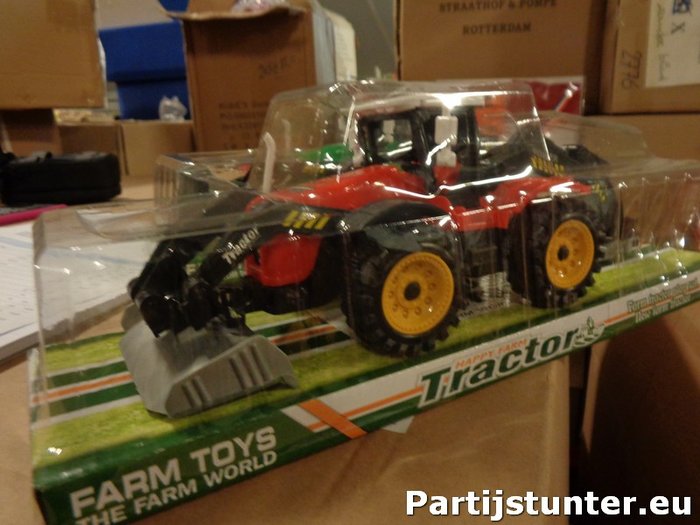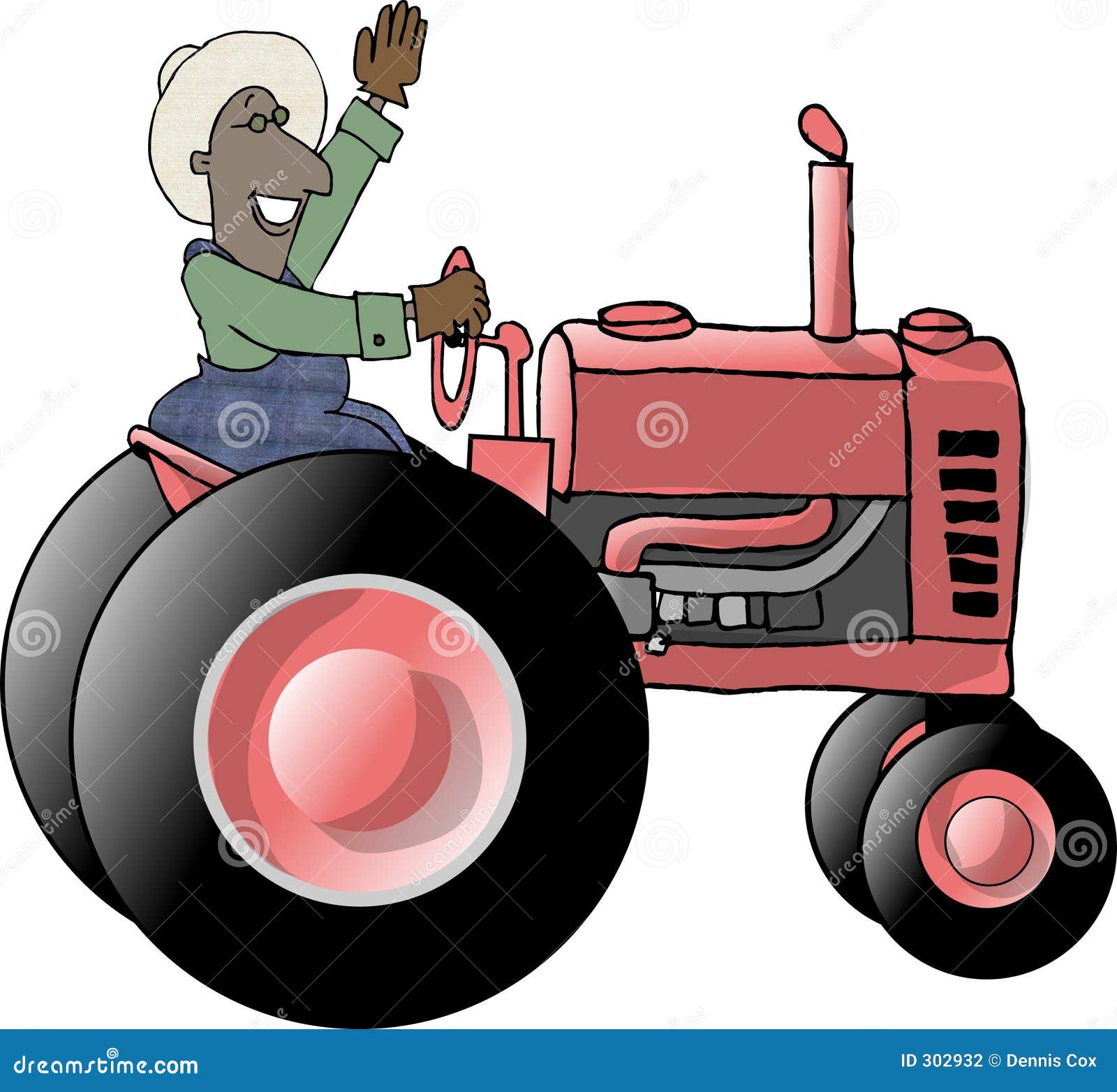

The industry as a whole has fought against political efforts to force changes on manufacturers through what are called right-to-repair bills.


Two other tractor-makers, CNH Industrial and AGCO, didn't respond to requests for interviews. And then the 12th gave me an email address to reach out to, which I had never heard back fromīERLINER: John Deere declined to comment.

Sometimes I was told they didn't even exist.
#Tractor info on happy farmer tractors software#
KEVIN O'REILLY: I myself called 12 different John Deere dealers in six different states, asking to try to buy the software tools and diagnostics that you need to fix your tractor, and at 11 of the 12, I was told that I couldn't buy them. But that's not happening, says Kevin O'Reilly of U.S. In 2018, the industry offered a compromise and made a promise - by this year, 2021, companies would sell farmers diagnostic tools that would let them fix their own equipment. Farmers say even simple repairs are off-limits. And as tech has become more important in farming, the standoff between tractor-makers and farmers has intensified. That's one reason a new one can cost several hundred thousand dollars. That's wrong.īERLINER: Today's generation of tractors have fancy touch screens and are packed with software and sensors that can help a farmer plant, spray and harvest with great precision. These equipment manufacturers are holding me hostage to them, forcing me to use their dealerships to repair my equipment - on their schedule, on their time and at their rates. SCHWEITZER: Equipment manufacturers are not supposed to hold you hostage, and that's what's happening here. Schweitzer was fortunate he had an old backup tractor, so his crop didn't get ruined, but the experience made Schweitzer eager to fight for change. He says a local independent mechanic would have charged only a small fraction of that. His bill to replace the fuel sensor? Nearly $5,000. He says it took about a month for the repair to get done. You know, when you're staring at a hay crop that needs to be in a bale and your tractor's not working, you get real nervous.īERLINER: Schweitzer wound up sending his tractor to the dealer. SCHWEITZER: It's not like they didn't know that this was an issue. Only a John Deere dealer could do that - not an independent mechanic or Schweitzer himself, the guy who owns the tractor. WALTER SCHWEITZER: Kind of did all the things that a farmer or rancher does to try to troubleshoot the problems.īERLINER: But he couldn't do much because he didn't have access to the software that would help him diagnose what was wrong. And then at the worst possible time, he says his tractor kept shutting down, randomly. He never expected to get political in the middle of haying season, but there he was last summer on his John Deere tractor, hustling to cut and bale his hay while the weather was still good. URI BERLINER, BYLINE: Walter Schweitzer is a third-generation Montana farmer. But farmers' loyalty to the John Deere brand is fraying. for more of his “My Minute of News.” And check out the podcast below.American farmers have long had a clear favorite when it comes to tractors - John Deere is king in rural America. Listen to Jeff Caplan’s Afternoon News every weekday from 3 to 7 p.m.


 0 kommentar(er)
0 kommentar(er)
